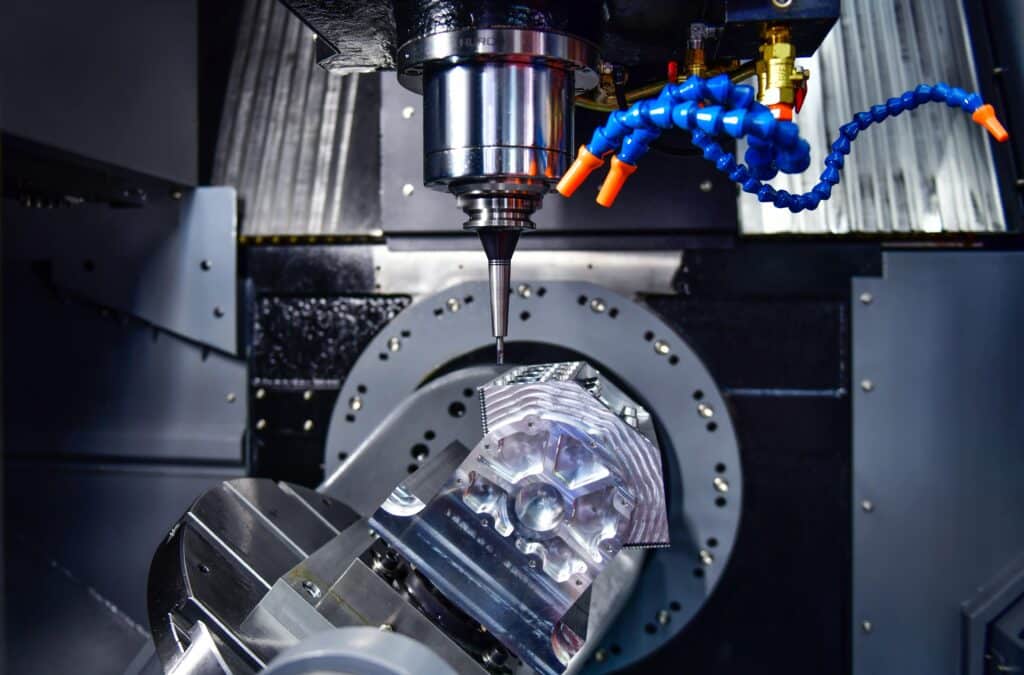Start here - Speak to an engineer
Lean Manufacturing Techniques
Lean manufacturing is the systematic method designed to reduce or minimise waste in manufacturing without compromising productivity. The driving principles behind lean manufacturing is adding value by getting rid of the components that do not add value.
The process of lean manufacturing takes time to implement. The team at MTT can help your team to identify the areas that lead to increased waste. This could be through the manufacture of defective parts, overproduction, increased waiting time, under-utilised talent, transportation, extra processing, and more.
After identifying these areas, our team can then begin applying the lean manufacturing techniques.

The 6 Lean Techniques
- 5S
This is a powerful Japanese tool used to organise the workplace. Organising the workplace in a safe, systematic, and clean manner improves productivity, visual management, and standardisation of efforts.
The standard operational practices achieved from organisation are the foundation of all other lean manufacturing techniques. The 5S are:
- Sort- This involves removing any unnecessary tools and items from the work-area.
- Straighten- This means necessary tools are arranged close to the work area, while those that are not frequently used are stored further away to minimise clutter.
- Sweep- Refers to keeping the workplace clean and orderly.
- Standardise- Standardisation is a key component of lean manufacturing and involves standardising all work processes accordingly.
- Sustain- This means all the 5S are adhered and conformed to making it a workplace culture.
- Cellular Manufacturing
Each workstation is referred to as a cell. Cellular manufacturing therefore depends on increasing the number of similar products manufactured in a unit, while reducing waste. This implies production of materials through a process.
When implemented effectively, the right arrangement of components within a workstation can lead to increased productivity. Cellular manufacturing also leads to effective use of space, reduced lead times, improved productivity, and enhanced teamwork.
- Continuous Improvement
In Lean manufacturing, continuous improvement advocates for following of the set rules and guidelines. This results in streamlined workflow within the production stations. Continuous improvement also promotes efficient workflow, saving time, resources, and costs.
Continuous improvement follows the PDCA cycle:
Plan– This involves identification of areas that need change and planning to implement the changes.
Do– At this stage, the plan is executed, and changes begin to be implemented gradually.
Check– This stage involves collection of data to measure the success of the changes implemented. The data determines whether the changes are successful or not
Act– If the data determines the changes to be successful, the plan is then implemented on a wider scale. After a large-scale implementation, the check stage is repeated.
- Jidoka
Jidoka can be translated to “automation with a human touch”. Its purpose is to prevent any problem from a single station on the production line from affecting inventory and to urgently find permanent solutions to breakdowns.
When one station on an integrated production line encounters a problem, the entire line is stopped, and an operator sent to fix the problem. As a result, no defective products are manufactured, giving customers a 100% quality guarantee. The use of a single operator also helps to keep costs of repair to a minimum.
- Total Productive Maintenance
Lean manufacturing also addresses reliability of machines using a total productive maintenance program. The program consists of:
Preventive maintenance– The crew performs periodic and complete maintenance of machine while checking for anomalies. This ensures there are no sudden breakdowns and increases throughput.
Corrective maintenance– Corrective maintenance involves determining whether a machine should be fixed, or new equipment bought to replace it. A machine that frequently breaks down should be replaced to prevent losses in money, product quality, and resources.
Maintenance Prevention – This stage ensures purchase of the correct machines. Purchasing a machine that is difficult to maintain results in loss of investment. Time wasted while continuously maintaining it also leads to serious loss of time and resources.
- Total Quality Management
TQM is an important component of lean manufacturing. It is aimed at teamwork among departments to ensure a self-reliant workflow and optimised output of quality products. It aligns production and timelines through participative management and focusing on customer demands.
The key component of Total Quality Management are:
- Employee involvement and training
- Problem solving units
- Statistical methods
- Processes and not individuals
- Focus on long-term goals
- Quality defined by customers
- Top management being directly involved in change
- Continuous effort in quality improvement
- Maintenance of the production line and improvement of workflow
- Systematic analysis of gathered data
- Data gathered in each department and all employees within the departments involved
Our Lean Manufacturing Services
Lean manufacturing has been adapted by most manufacturers. It leads to improved production and less wastage. MTT professionals can help you identify the areas which require change and help your in-house team to implement the required changes.
To speak to a member of our team simply call 0845 077 9345 or email info@mtt.uk.com.
“MTT Successfully repaired several spindles within a short period time ensuring our
machines were back to full productivity in no time.”





